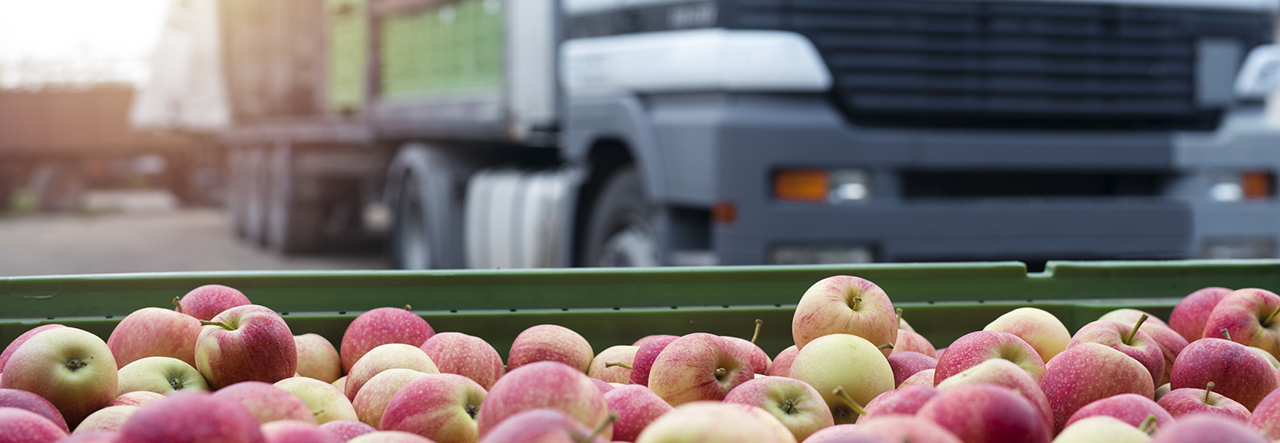We are in a strong position to contribute to this global challenge through our core services, working with our clients and suppliers to achieve our common sustainability goals.
Our climate journey started in 2010, in collaboration with WWF, when we decided to measure our Scope 1 and Scope 2 carbon emissions annually. During the same year, we participated in CDP (formerly the Carbon Disclosure Project) Climate change for the first time. In 2017, thanks to our actions and the commitment of our teams, we had reduced our Scope 1 and Scope 2 carbon emissions by 40% (compared to 2011 baseline).
We didn’t stop there! In 2019, we started to measure our Scope 3 Supply Chain carbon emissions which allowed us to commit to reducing our carbon emissions by 34% by 2025 (compared to 2017) on Scope 1, 2 and 3. This commitment was approved by the Science Based Targets initiative (SBTi) in July 2019, making us the first food services company to align its objective to limit global temperature rise to 1.5°C above pre-industrial levels.
In 2020, Sodexo joined CDP’s A List of global climate change leaders delivering key progress on its carbon strategy. More recently, Sodexo joined RE100 committing to 100% Renewable Energy in its operations by 2025.
We continue to collaborate with WWF to measure the entire Scope 3 carbon emissions, occurring from activities with our clients and suppliers. These represent the greater potential for improving our environmental performance.
A comprehensive roadmap to net zero and decarbonisation of the business in the United Kingdom and Ireland
In October 2021, Sodexo has announced a comprehensive roadmap to net zero and decarbonisation of the business in the United Kingdom and Ireland. The team has been working with international experts, the Science Based Targets Initiative (SBTi), to ensure that its net zero strategy is thorough, impactful and transparent. The Science Based Targets initiative (SBTi) drives ambitious climate action by enabling companies to set science-based emissions reduction targets, in line with a 1.5 degree future.
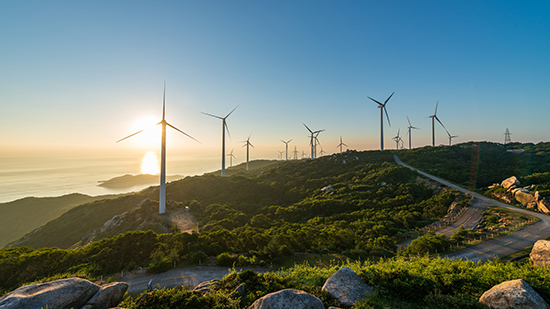
We have identified four drivers to reduce the environmental impact of our various activities:
Fighting food waste
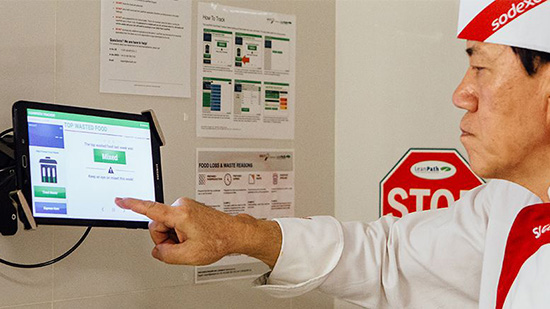 For us, fighting food waste is a day-to-day effort. Thanks to the WasteWatch program and its intelligent waste-measurement technology, our teams can rapidly and easily capture food waste data, and drive cultural and behavioral change to cut food waste generated in the kitchen as well as that left on our consumers’ plates.
For us, fighting food waste is a day-to-day effort. Thanks to the WasteWatch program and its intelligent waste-measurement technology, our teams can rapidly and easily capture food waste data, and drive cultural and behavioral change to cut food waste generated in the kitchen as well as that left on our consumers’ plates.
At the end of May 2021, 878 Sodexo sites were measuring and reducing their food waste, enabling Sodexo to successfully avoid food waste equivalent to 1,189.29 tCO2e.The -45.8% in food waste reduction was achieved due to a robust governance with dedicated project managers to support the country program deployment coupled with training programs that engaged site teams on food waste reduction actions.
Promoting plant-based meals options
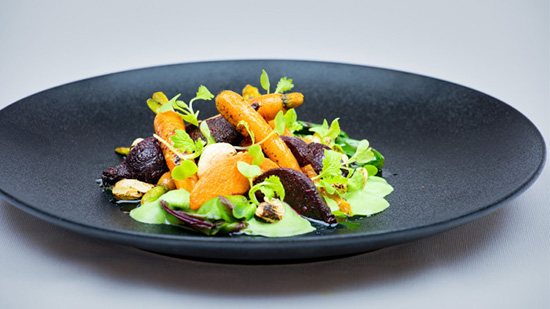
Plant-based meals are another essential driver in reducing carbon emissions. Sodexo offers plant-based options worldwide to raise consumer awareness of the nutritional and environmental benefi ts of meals featuring sustainable, delicious vegetable protein. To do this, Sodexo relies on the expertise of partners like Eaternity, an organization that measures environmental footprint in the food service industry and helps us fi nd sustainable alternatives. Eaternity’s tools are used by Sodexo Belgium in its food product management system, and by Sodexo Germany as part of a joint program implemented for clients like the European Central Bank (ECB) and Deutsche Bank.
Building a supply chain that protects natural ecosystems
 Sodexo’s supply chain represents 47% of all the emissions it produces, making it one of the main contributors to the Company’s carbon footprint. Sodexo adheres to strict rules regarding the sourcing, impact and recyclability of each product. Sodexo has defined key actions to lower its carbon footprint and protect biodiversity: create shorter food supply chains, promote sustainable agriculture, increase the proportion of plant-based foods, and choose suppliers that share its environmental values.
Sodexo’s supply chain represents 47% of all the emissions it produces, making it one of the main contributors to the Company’s carbon footprint. Sodexo adheres to strict rules regarding the sourcing, impact and recyclability of each product. Sodexo has defined key actions to lower its carbon footprint and protect biodiversity: create shorter food supply chains, promote sustainable agriculture, increase the proportion of plant-based foods, and choose suppliers that share its environmental values.
Sodexo offers plant-based options worldwide to raise consumer awareness of the nutritional and environmental benefits of meals featuring sustainable, delicious vegetable protein.
Promoting innovative energy solutions by putting our energy management experience to work
 As a member of RE100, Sodexo is switching to 100% renewable electricity by 2025 at its directly operated sites. RE100 is a global initiative bringing together the world's most influential companies leading the transition to 100% renewable electricity. This commitment covers Sodexo’s directly operated sites under the Scope 1 and Scope 2 activities as per the GHG Protocol guidelines. Our ambition is to extend to our clients: every day, around the world, through our energy management services we promote the use of renewable energy, generating significant savings and returns on investment for them.
As a member of RE100, Sodexo is switching to 100% renewable electricity by 2025 at its directly operated sites. RE100 is a global initiative bringing together the world's most influential companies leading the transition to 100% renewable electricity. This commitment covers Sodexo’s directly operated sites under the Scope 1 and Scope 2 activities as per the GHG Protocol guidelines. Our ambition is to extend to our clients: every day, around the world, through our energy management services we promote the use of renewable energy, generating significant savings and returns on investment for them.
Sodexo is also committed to progressively transition away from coal sector projects as part of its strategy to selectively grow its presence in specific mining markets since 2015; aiming to exit the sector by 2025. Sodexo is increasingly supporting diversified energy clients that are willing to shift to new business streams and renewable energies.
Reducing our environmental impact contributes to the following United Nations Sustainable Goals:
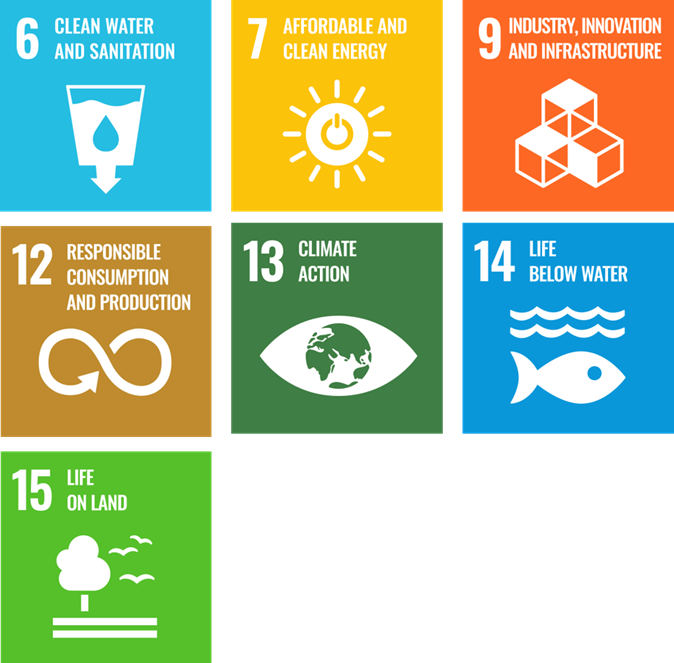
Our local examples
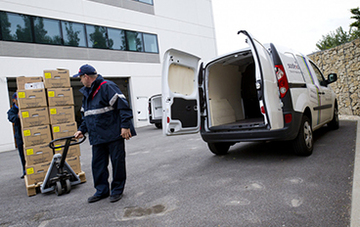
Electric or hybrid vehicles
The Company has also decided to transform its vehicle fleet by making electric or hybrid vehicles available to employees. In the United Kingdom, over 50% of the fleet is now hybrid. In Sweden, Sodexo has accepted the government’s “Company car” challenge as part of the “Fossil Free” initiative, committing to purchasing only hybrid or electric vehicles.

FoodCherí ECO Score
In France, the balanced meal delivery service FoodCherí has been assigning an ECO Score to all its meals since January 2021. This indicator provides information on the environmental impact of foods throughout their life cycle.

Plant-based Eggs
In the United States, we partner with JUST (Eat JUST, Inc.), serving its famous plant-based eggs. The eggs are cholesterol-free, contain no GMOs, and provide as much protein as a conventional egg. Even though they are cooked just like eggs and have the same taste, their production uses 98% less water and 83% less land, and emits 93% less carbon than conventional eggs.
*absolute reduction compared to 2017
Fiscal 2021 Corporate Responsibility Report
Find out how we are having a positive impact on Individuals, Communities and the Environment in the way we do business.
